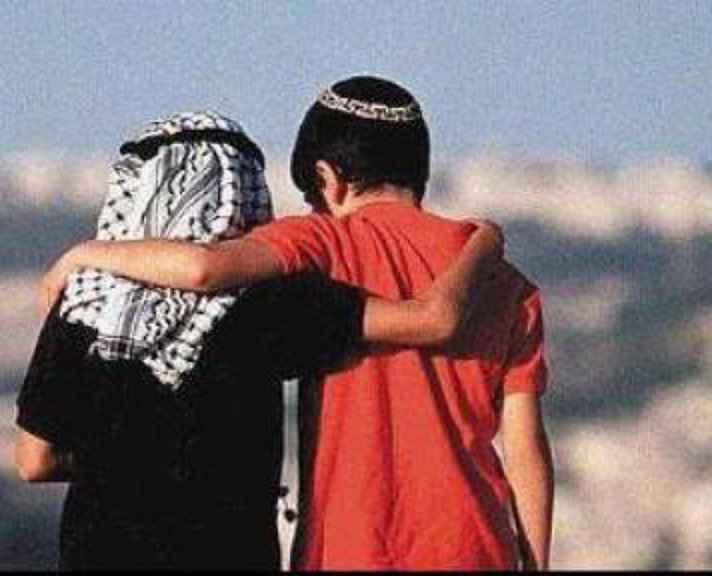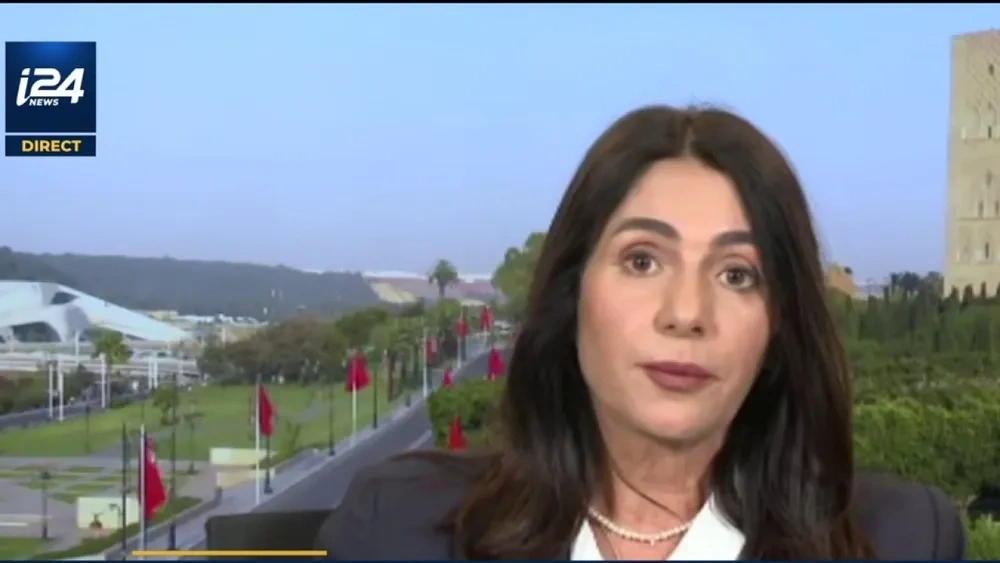
The preamble to the Treaty of Peace, Diplomatic Relations and Full Normalization between the United Arab Emirates and the State of Israel includes a special reference to the Arab and Jewish common heritage, as descendants of Abraham, and the concomitant “to foster in the Middle East a reality in which Muslims, Jews, Christians and peoples of all faiths, denominations, beliefs, and nationalities live in, and are committed to a spirit of coexistence, mutual understanding, and respect.”
This treaty, better known as the Abraham Accords, may become the beginning of the fulfillment of a twenty seven hundred year old prophecy of Prophet Isaiah: “In that day there will be a highway from Egypt to Assyria. The Assyrians will go to Egypt and the Egyptians to Assyria. The Egyptians and Assyrians will worship together. In that day Israel will join a three-party alliance with Egypt and Assyria, a blessing upon the heart. The LORD of Hosts will bless them saying, “Blessed be Egypt My people, Assyria My handiwork, and Israel My inheritance.” (Isaiah 19:23-5)
Two weeks ago Jews in synagogues worldwide listened to the reading of Genesis chapters 21 and 22 on the first and second days of Rosh Hashanah; the Jewish New Year Festival. Jews heard about Prophet Ishmael (Genesis 21) as well as Prophet Isaac. (Genesis 22).
Reading about the patriarch of the Arab people is part of our Jewish tradition because these events are essential to our identity as Jews and Chapter 21—the story of the birth and banishment of Ishmael—establishes our Jewish connection to all of God’s non-Jewish children.
When God saw the young Ishmael was about to die, the Torah text tells us that the God of the Hebrew Bible heard the voice of all children, including Ishmael, in their suffering and misery, as well as in their joyous and hopeful moments.
After these events, we next hear about Ishmael a few chapters later, when Isaac and Ishmael meet again (Genesis 25:9) at the funeral of their father Abraham. Islamic and Jewish tradition both agree that Prophet Abraham visited Prophet Ishmael’s distant home on at least two different occasions to make sure that his family relationships were suitable. These pre and post-funeral reconciliations are the reason behind the Torah’s describing Abraham as ‘contented’ in his old age.
The time for enmity is over. Everyone knows how important fasting during Ramadan and daily worship and prayer are in Islam, but few non-Muslims know that Islam considers reconciling people better than many acts of worship.
Prophet Muhammad said: “Should I not tell you what is better in degree than prayer, fasting, and charity.” They (the companions) said: “Yes.” He said: “Reconciling people because grudges and disputes are a razor (that shaves off faith).” (Ahmad, Abu Dawood, and At-Tirmidhi)
Even more amazing Prophet Muhammad said: “The one who reconciles people is not considered a liar if he exaggerates what is good or says what is good.” [Ahmad]
This is an excellent guide to dealing with the three-generation old Israeli-Palestinian conflict. Rather than focusing mostly on what the other side did to us, we all should focus on how the conflict has hurt all of us, and how much better our future would be if we could live next to each other in peace.
The descendants of Prophet Isaac and Prophet Ishmael should negotiate a settlement that reflects the religious policy that “…there is no sin upon them if they make terms of settlement between them – and settlement [reconciliation] is best.” (Quran 4: 128)







